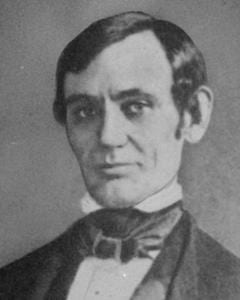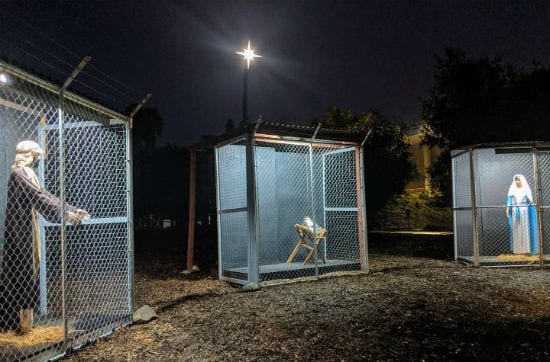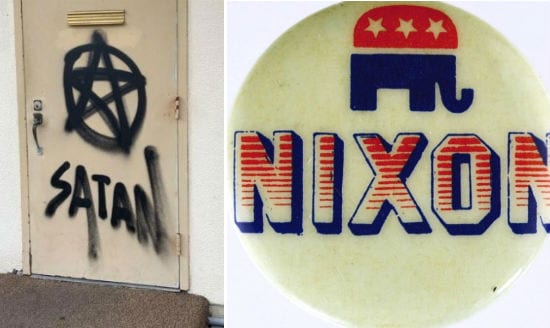As the security situation in Iraq becomes more (to use the Bush administration's preferred term) desperate, many have questioned whether more American troops will be needed for the mission.
During his press conference Tuesday, President Bush said the current size of the force was sufficient to the task — although, true to his character, he pointed to someone else as being responsible for any decision, thus escaping blame if it turns out to be the wrong call. As Elizabeth Bumiller reported in The New York Times:
Mr. Bush also indicated that he was not considering sending in additional American troops to help restore order, but said he was not the one making the decision.
"That's a decision by John Abizaid," Mr. Bush said, referring to the senior American commander in the region. "He makes that — General Abizaid makes the decision as to whether or not he needs more troops. I've constantly asked the secretary of defense, as well as when I was visiting with General Abizaid, does he have what it takes to do his mission? And he told me he does."
One wonders about this conversation. How exactly does the commander in chief phrase this question to his subordinate? The framing of a question, often, shapes its response — particularly when there is a chain of command at work. Neil Postman illustrates this in Technopoly:
The structure of any question is as devoid of neutrality as is its content. The form of a question may ease our way or pose obstacles. Or, when even slightly altered, it may generate antithetical answers, as in the case of the two priests who, being unsure if it was permissible to smoke and pray at the same time, wrote to the pope for a definitive answer. One priest phrased the question "Is it permissible to smoke while praying?" and was told it is not, since prayer should be the focus of one's whole attention; the other priest
asked if it is permissible to pray while smoking and was told that it is, since it is always appropriate to pray.
It makes a real difference if President Bush, meeting with Gen. Abizaid, asked, "Would more troops or additional resources help you to get this mission accomplished?" Or if he asked, "You're not going to tell me you can't get this done, are you?"
I worry that it was probably more like the latter.












